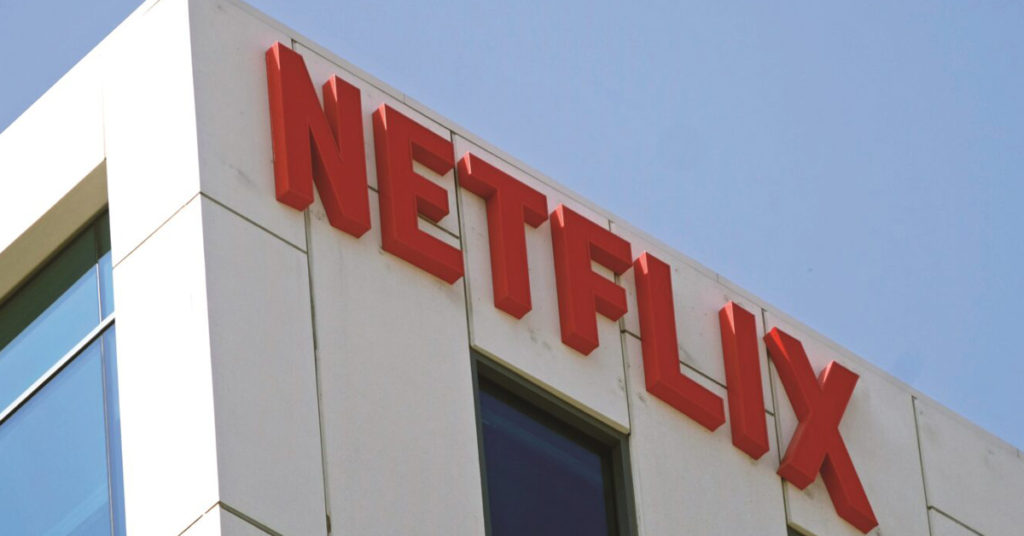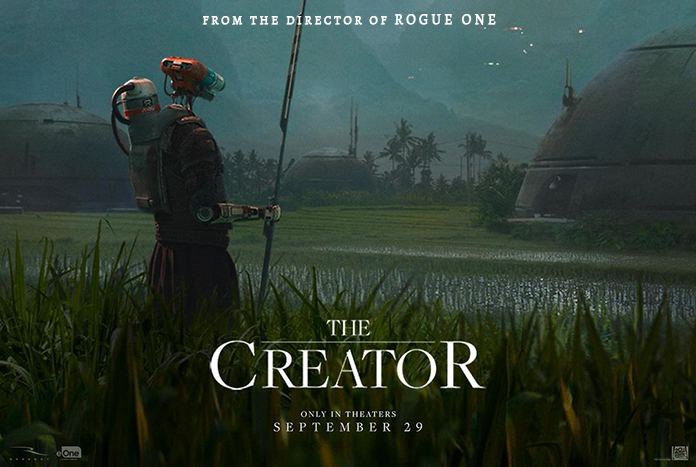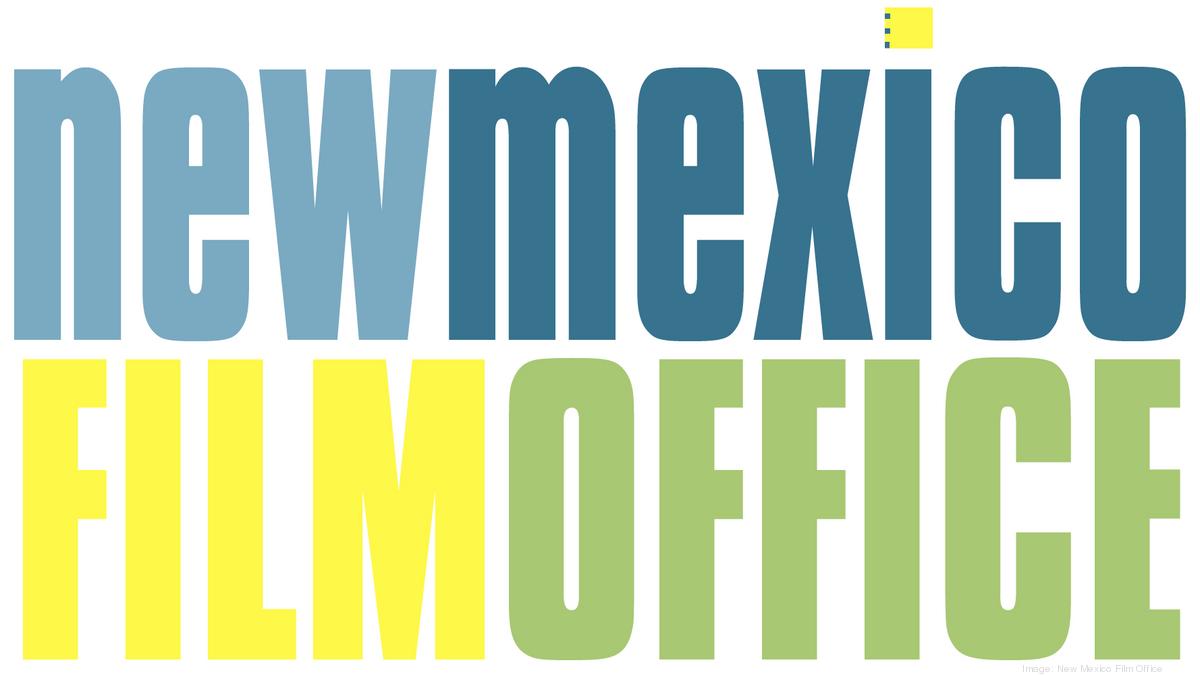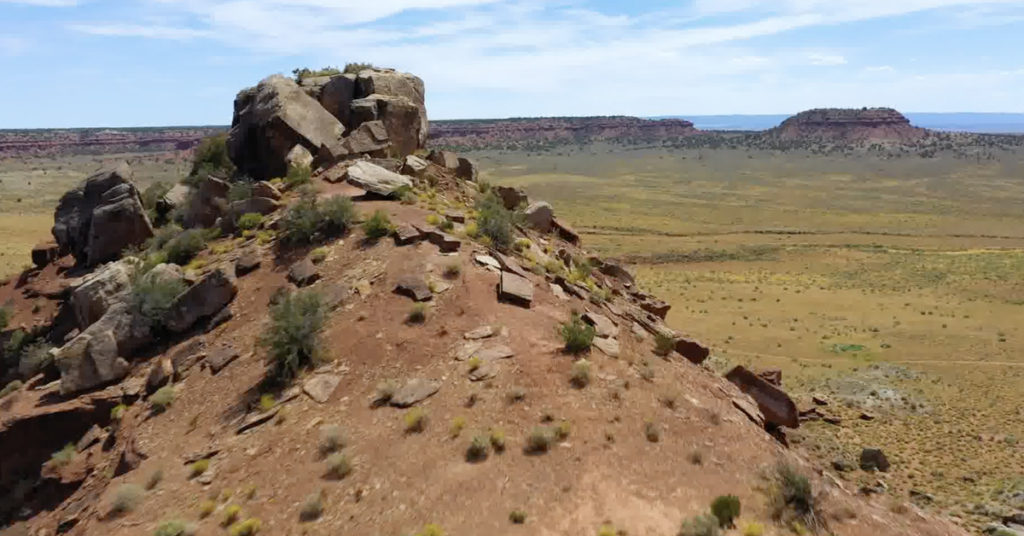NETFLIX’S CALIFORNIA TAX CREDITS OUTPACE OTHER STUDIOS
Netflix’s California Tax Credits Outpace Other Studios
(labusinessjournal.com)
Netflix Inc. has won more tax credits from the California Film Commission than any other company by a margin of more than two to one.
The Los Gatos-based streaming company received $60.3 million from the state’s production development organization, according to a CFC press release issued Feb. 28. Its next closest competitor for credits was The Walt Disney Co., which was awarded $27.2 million, followed by Warner Bros. Entertainment Inc. with $16.2 million.
Netflix’s credits will be applied toward the production of the projects such as “Atlas,” “Beverly Hills Cop 4,” “Family Leave” and “Unfrosted,” which is an origin story about the Pop Tart to be written, directed and produced by Jerry Seinfeld. Five other Netflix projects — “Anemone,” “Scandalous,” “The Long Walk,” “Thirsty” and “Verona Spies” — received tax credits for a second time after pandemic-related delays prevented their productions from using them the first time.
The total for all credits issued was$149.2 million spread across 30 films, a new record for the CFC. Based on the data provided with each tax credit application, those projects will bring an estimated $1.17 billion to California, including $774 million in “qualified” spending, which includes wages to below-the-line workers and in-state vendors. Only that qualified portion of a project’s budget is eligible for credits under the state’s incentive program.
Measured in “man-days,” the projects in total will additionally employ an estimated 4,564 crew, 1,212 cast members and 48,646 background actors or stand-ins. They will account for a combined 1,095 filming days, almost 30% of which will occur outside of Los Angeles’ 30-mile “Studio Zone.”
With filming planned to get underway in 16 counties across the state, that figure marks the most out-of-zone filming days for any round of projects in the history of the tax credit program.“Our tax credit program continues to bring jobs and opportunity statewide,” CFC Executive Director Colleen Bell said in a statement. “The current round of projects will directly impact more regions of the state than any round in the program’s history, and that’s a terrific milestone.”
For each fiscal year (July 1 to June 30) of California’s current tax credit program (Program 3.0), the state intends to hand out $330 million spread across feature films, TV projects, independent films and relocating TV series. Typically, just 40% of that total —
$132 million — goes to features and independent films, but thus far, California has given $288 million to films in the current fiscal year, largely due to credits left over from productions from recent years that were either delayed or canceled.
The CFC received 76 applications during the latest feature film tax credit application period, which runs from Jan. 24-31. The next application period for feature film tax credits will be held July 18-25, after the period for recurring and relocating TV series March 7-14.
By: Todd Gilchrist
Continue Reading at labusinessjournal.com
NETFLIX’S CALIFORNIA TAX CREDITS OUTPACE OTHER STUDIOS Read More »

















